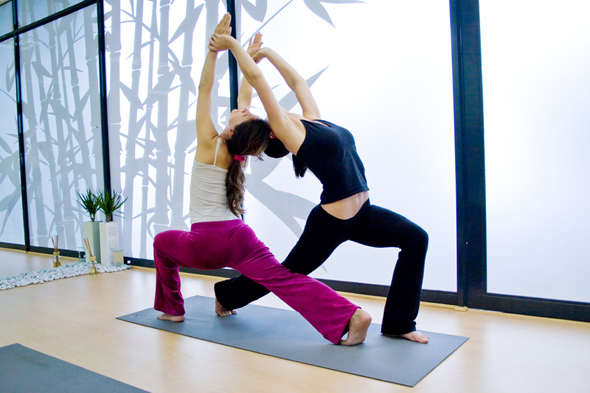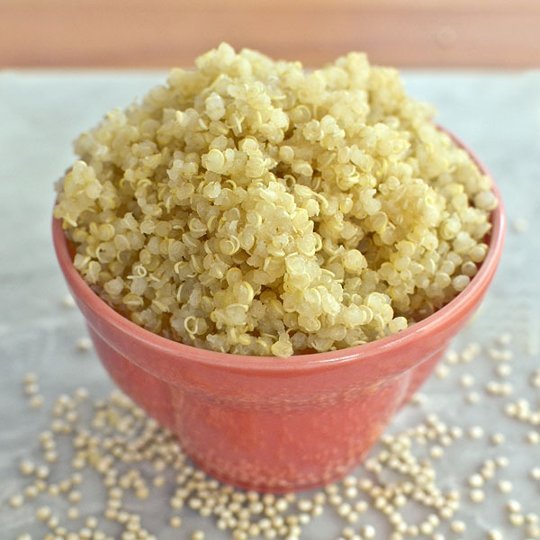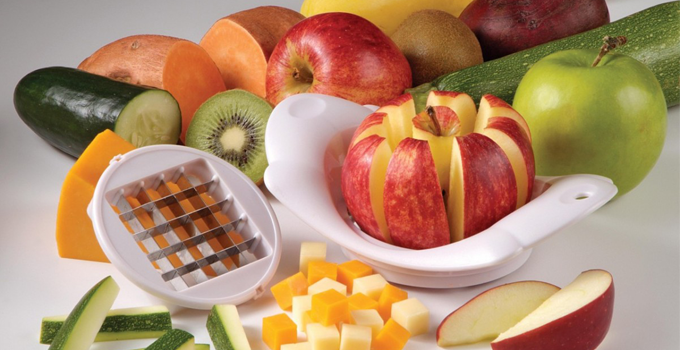
I am not sure how many in India have watched this ad commercial on television which shows a woman asking her friend “what do you do for calcium” and other answers “Milk”…the friend repeats her question again and says “I understand Milk but, what do you do for calcium”, the second lady repeats ‘Milk’ again…
Basically, the first woman was trying to find out for the absorption of calcium from milk what does she do? The answer to this question is plain and simple-Vitamin D. Vitamin D is essential for the absorption of calcium. If Vitamin D level drops from the blood, calcium will not get absorbed. Therefore it is imperative that an individual always checks vitamin D level before popping in calcium tablets.
What is the bone made up of? Calcium is the answer that most people would give. Agreed but, along with that phosphorus, magnesium, zinc, folic acid, vitamin c, vitamin A, vitamin D, vitamin K, vitamin B complex, fats, proteins are also necessary for healthy bones. Foods sources are milk and milk products, dark leafy vegetables, soyabean, oil seeds, carrot juice etc
Bones are an integral part of the weight of the human body. They are the substance which forms our skeleton…and because of the skeleton our body looks well structured. Bone formation starts from the womb itself and continues till the age of puberty. When we are young bone growth is faster and as we Age it becomes slow and in the latter stages of life age it becomes brittle (the condition is called osteoporosis). We have to look after our bone health from early stages of life. Here are the factors which affects bones.
- Calcium and vitamin D in your diet- Less of this will not form a good bone density so early bone loss and there is an increased risk of fractures.
- Physically inactive: Our body is meant to move and be active in order to developing in terms of healthy bones.
- Tobacco and alcohol (You might want to explain here how tobacco and alcohol lead to weak bone)
- Age: Bones become thinner and weaker as you age.
- Family history will put it on higher risk.
- Gender and Hormone levels: In women, bone loss increases during menopause due to low estrogen levels. In men, bone loss increases due to low testosterone.
- Eating disorders and other conditions: People who have anorexia nervosa or bulimia nervosa they are at higher risk of bone loss. Also, bariatric surgery and conditions like Crohn’s disease, celiac disease and Cushing’s disease can affect body’s ability to absorb calcium.
- Smoking and tobacco leads to low bone mineral density, increased levels of the hormone (cortisol) leads to a bone break down and bone fractures.
- Long term alcohol consumption interferes with bone growth and replacement of bone tissue.Alcohol consumption during adolescence reduces peak bone mass and can result in relatively weak adult bones that are more susceptible to fracture. In adults, alcohol consumption can disrupt the ongoing balance between the erosion and the remodelling of bone tissue, contributing to alcoholic bone disease.
This week we are celebrating International Yoga week. Bone health can further be strengthened with the help of Yoga.
Yoga strengthens the areas which are most likely to suffer such as the hips, spine, and wrists. Yoga can help maintain bone density of these body parts. Poses that focus on the spine can also help improve posture, preventing the stooping of the back.
Finally let’s not ignore the fact that healthy bones starts with early age. Take step towards being active and having good food to make your bones stronger. It’s never too late to start.






